What pre-pesach cleaning was like in the shtetl
The late Mayer Kirshenblatt, from Opatow (Apt), recalls his parents replacing the straw in their mattresses.

The late Mayer Kirshenblatt, from Opatow (Apt), recalls his parents replacing the straw in their mattresses.
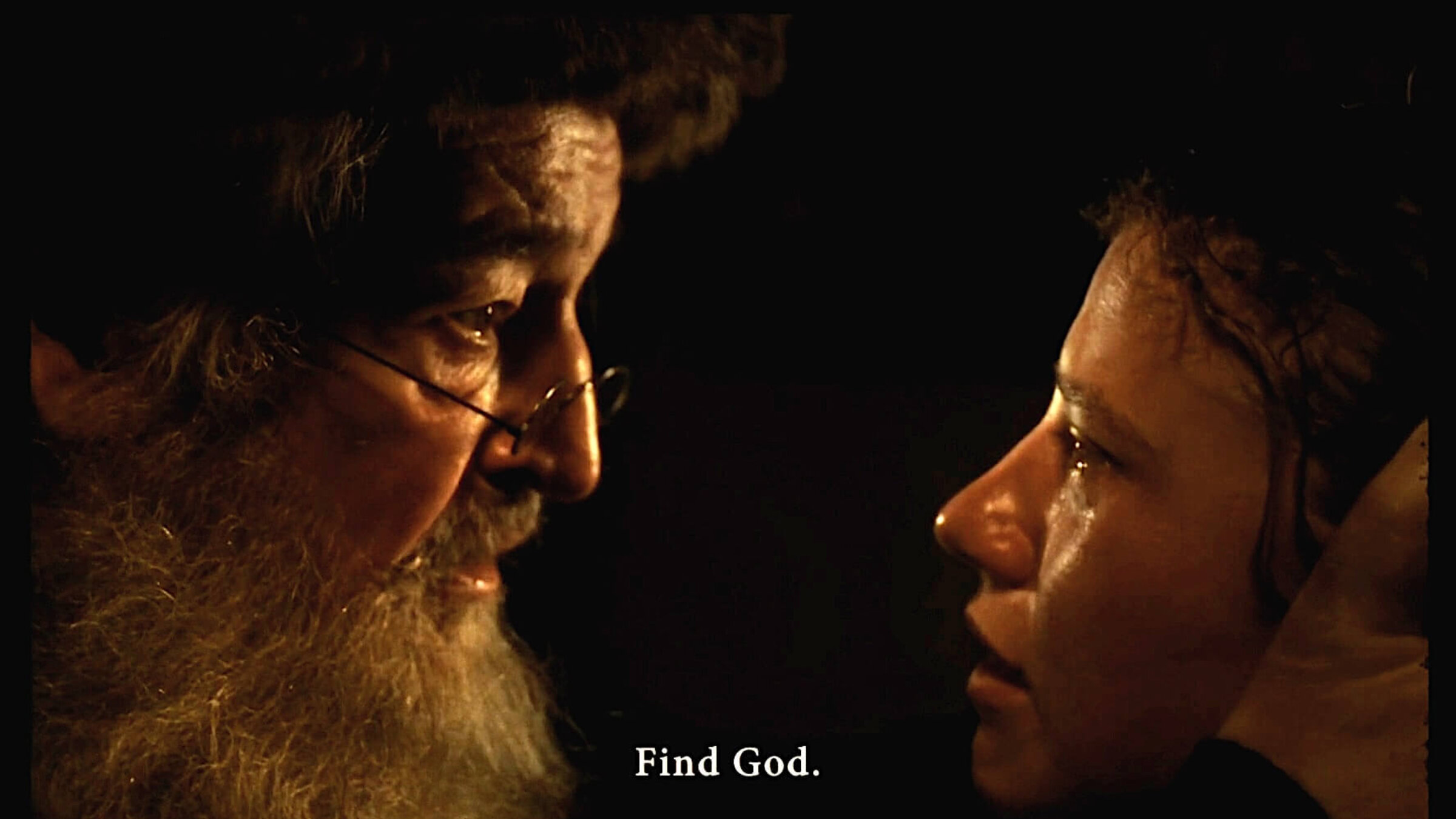
Informed by Jewish folklore and the writings of Isaac Bashevis Singer, the film carries a mythic poetic quality
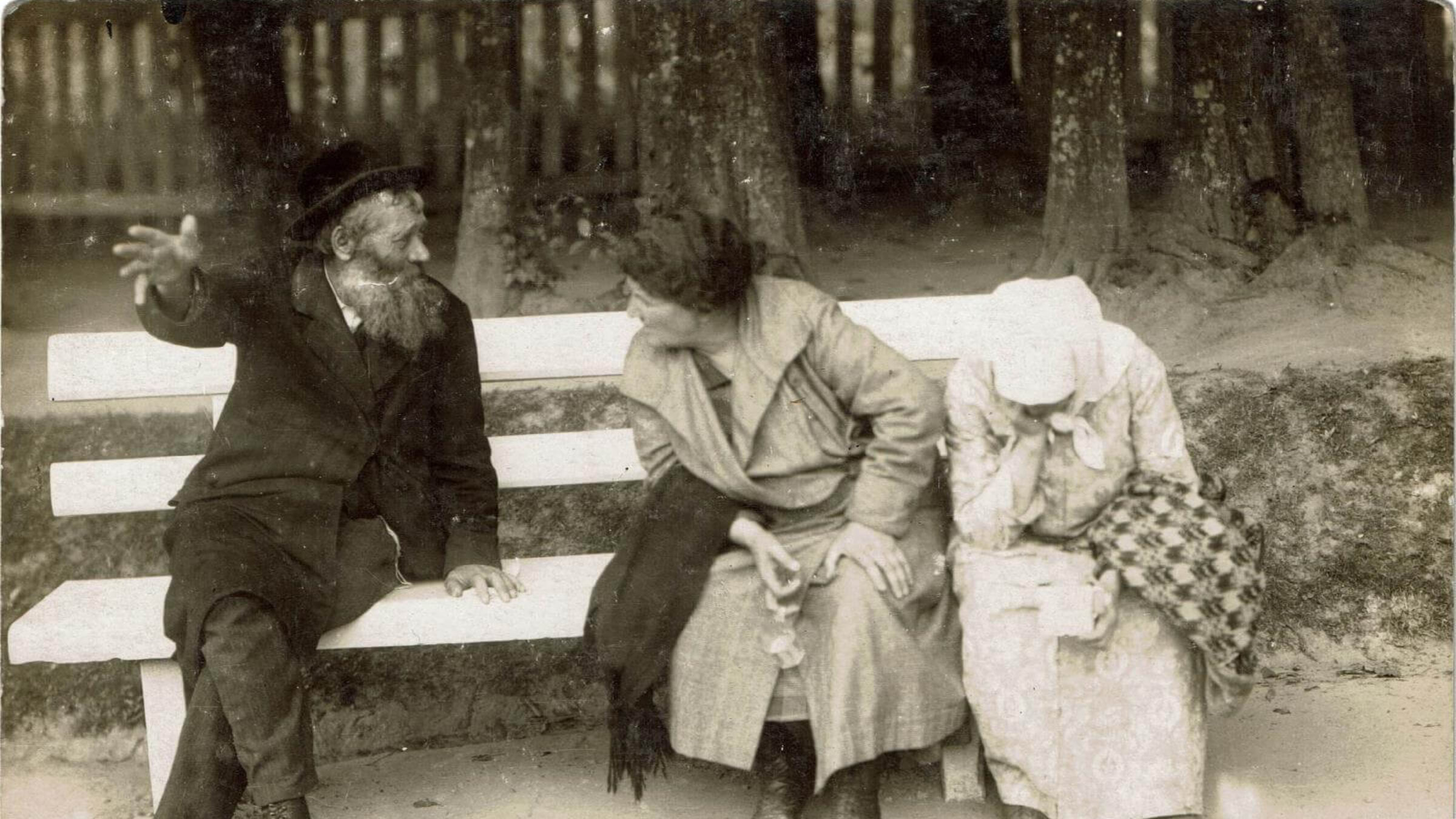
Papers are being sought on aspects of shtetl life, religious and intellectual thought and Yiddish language and culture
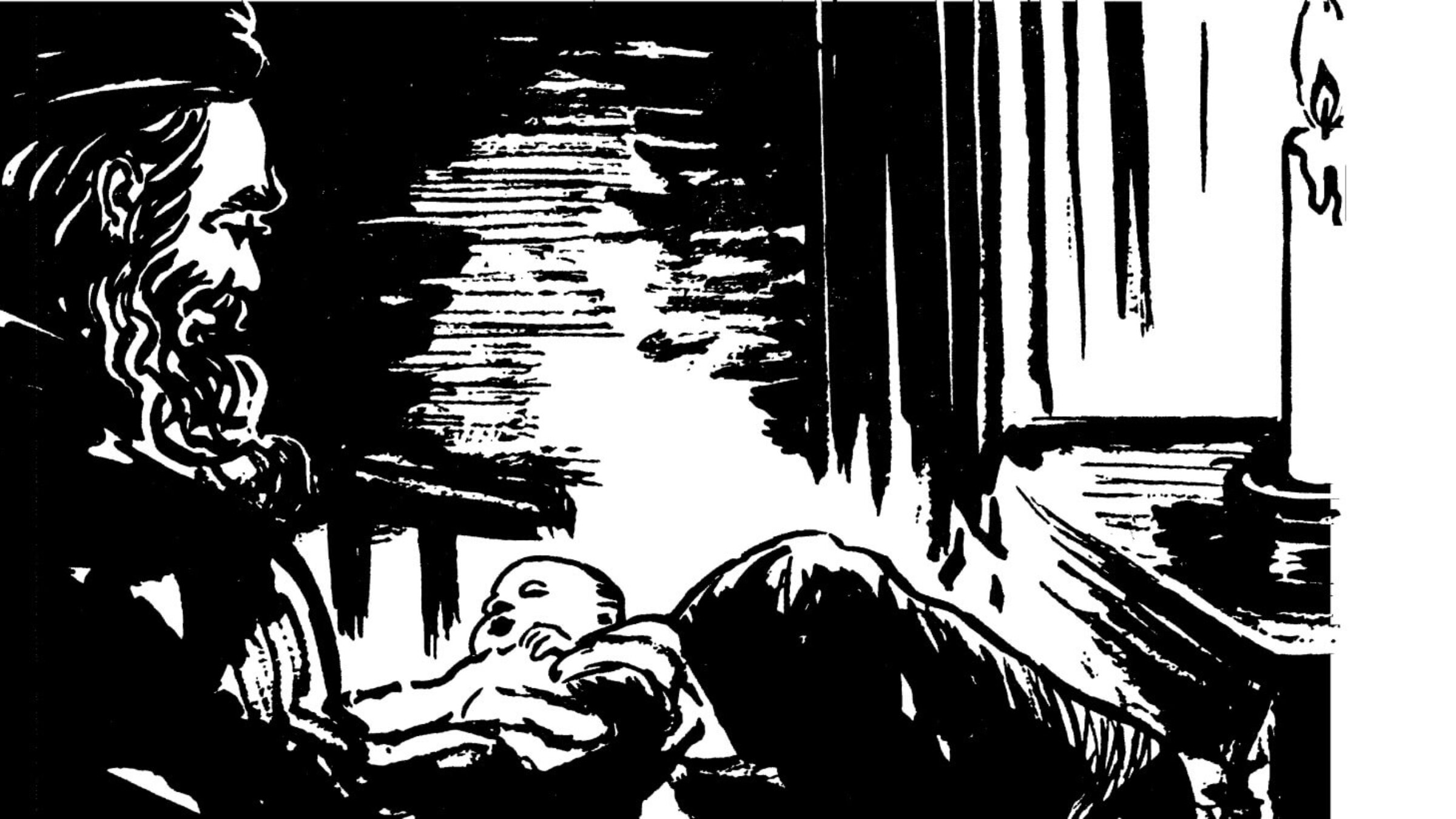
The Yom Kippur prayer service is about to begin and all the townspeople are there. But who’s watching the babies?

Master storyteller Shane Baker recites the classic writer I. L. Peretz's story of a would-be saintly man diverted by a turkey
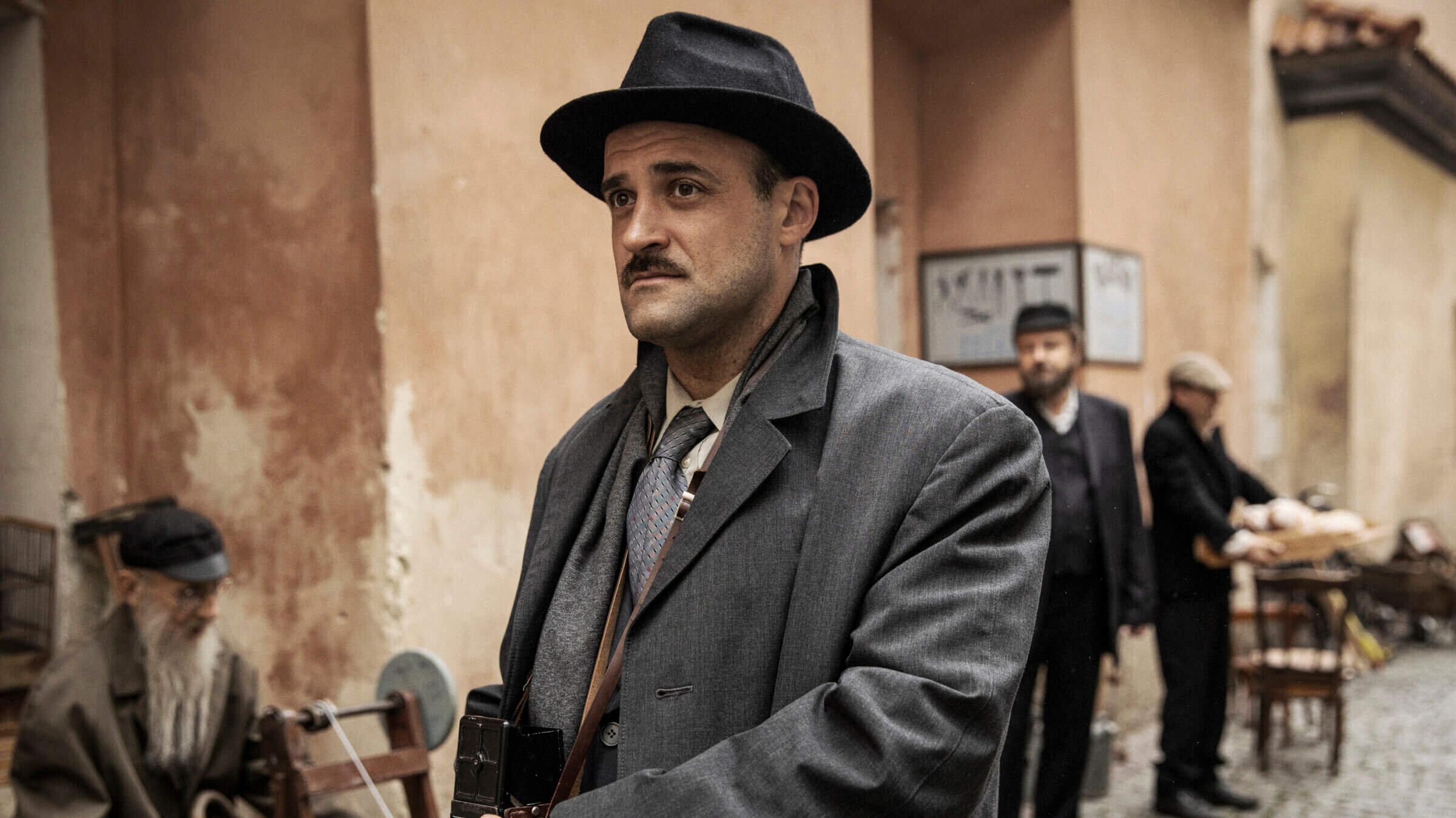
Laura Bialis’ documentary shares the work and life of a photographer who captured Jewish Europe before the Holocaust

The lively Zoom discussion between two cooks and two scholars of Ashkenazi cuisine is now accessible on YouTube
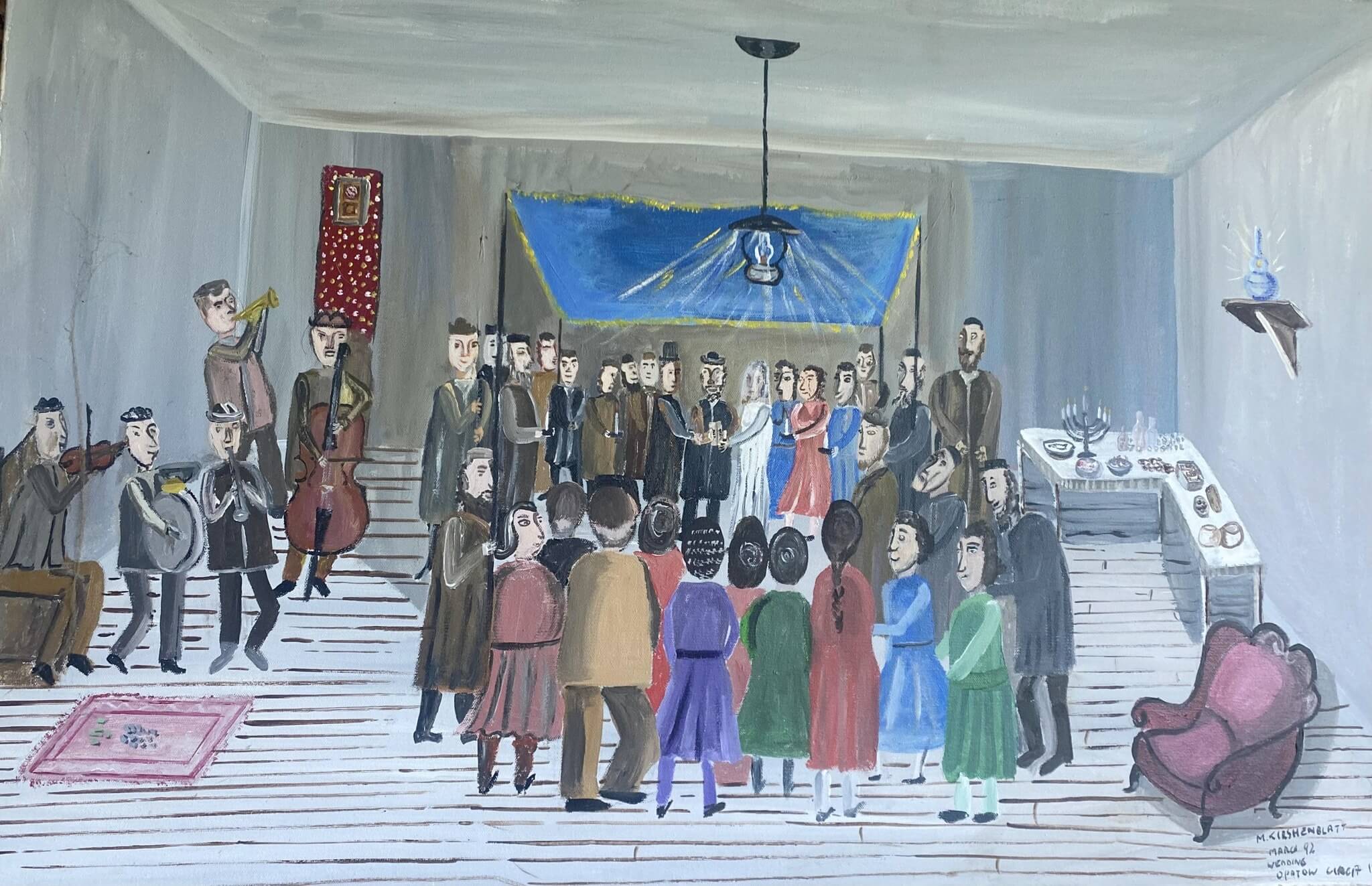
'The Wedding' is one of hundreds of paintings that self-taught Jewish artist Mayer Kirshenblatt did of his hometown, Opatow








100% of profits support our journalism